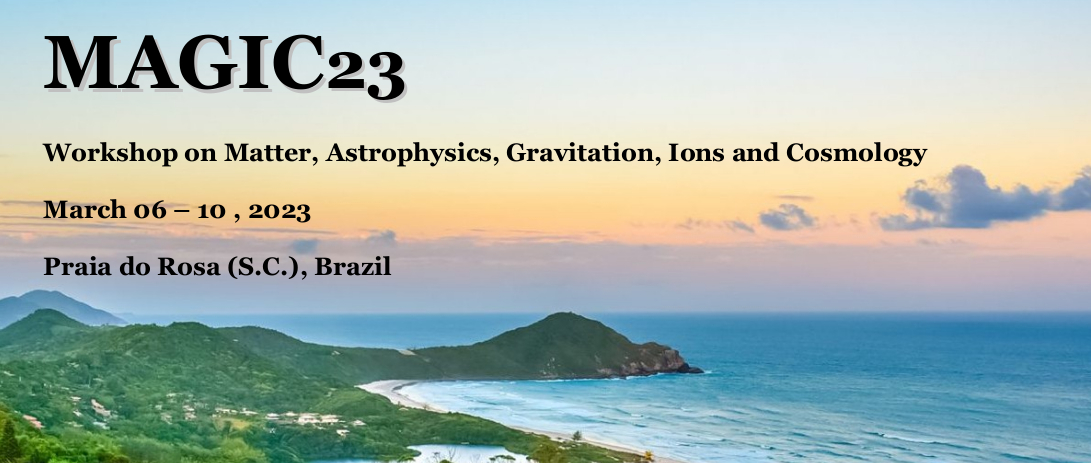Speaker
Description
It is considered that the uncertainty relation is one of key features
of quantum mechanics which distinguishes quantum and classical systems.
Recently, we developed a new formulation of the uncertainty relations based on the generalized scheme of variational principle, the stochastic variational method [1]. In this method, the uncertainty relation is related to the non-differentiability of observables and thus can be obtained even in classical stochastic systems [2,3,4]. This new formulation resolves the famous paradox in quantum mechanics, the angular uncertainty relation without introducing artificial assumptions [5].
In this presentation, we show that the fluctuations of position and momentum for a non-relativistic viscous fluid element satisfies the uncertainty relation analogous to the corresponding quantum mechanical one. Such a fluctuation is sensitive to the temperature gradient at the freezeout surface and can affect the collective flow anisotropy in relativistic heavy-ion collisions [6].
[1] K. Yasue, ``Stochastic calculus of variation", J. Funct. Anal. 41, 327 (1981).
[2] T. Koide and T. Kodama, ``Generalization of uncertainty relation for quantum and stochastic systems", Phys. Lett. A 382, 1472 (2018).
[3] T. Koide, ``Viscous control of minimum uncertainty state in hydrodynamics", J. Stat. Mech. 023210, (2022).
[4] G. Gonçalves de Matos, T. Kodama and T. Koide, ``Uncertainty relations in Hydrodynamics", Water 12, 3263 (2020).
[5] J.-P. Gazeau and T. Koide, ``Uncertainty relation for angle from a quantum-hydrodynamical perspective", Ann. Phys. 416, 168159 (2020).
[6] G. Gonçalves de Matos, T. Kodama and T. Koide, ``Possible enhancements of Collective Flow Anisotropy induced by Uncertainty Relation for Fluid element", arXiv:2208.00452. J. Phys. G in press.

